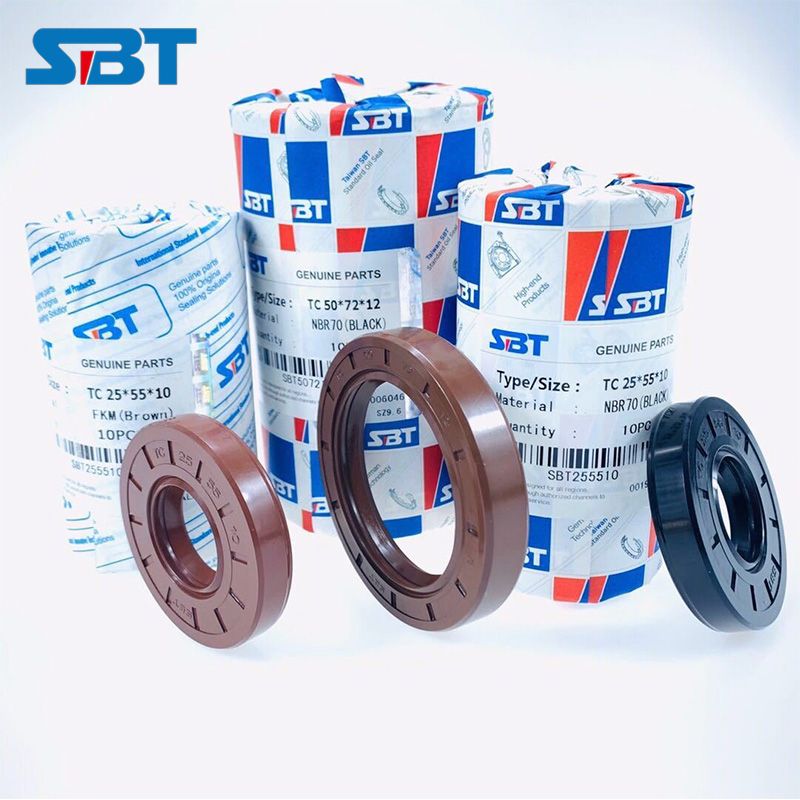Sep. 22, 2023
Mechanical Parts
A mechanical seal is a device used to prevent the leakage of fluids, typically in pumps, mixers, and other rotating equipment where a shaft penetrates the casing or housing. It provides a secure and effective means of sealing the space between a rotating shaft and a stationary housing to prevent the escape of liquids or gases and to maintain the integrity of the system. Mechanical seals are commonly used in industrial applications where maintaining a fluid-tight seal is critical. Here are the key components and functions of a mechanical seal:
Primary Components:
Rotating Face: This is the part of the seal attached to the rotating shaft. It usually has a smooth, flat surface made of hard materials like ceramic or tungsten carbide.
Stationary Face: This is the counterpart to the rotating face and is mounted on the stationary housing or casing. It also typically has a smooth, flat surface and is made of a compatible material to create a sealing interface.
Secondary Sealing Elements: These components may include O-rings, elastomers, or gaskets that provide additional sealing and help maintain the integrity of the seal.

Functions:
Sealing: The primary function of a mechanical seal is to create a barrier that prevents the leakage of fluids from the high-pressure side (inside the equipment) to the low-pressure side (outside the equipment).
Reducing Friction: Subote Mechanical seals are designed to minimize friction between the rotating and stationary faces, allowing the equipment to operate efficiently without excessive wear.
Maintaining Lubrication: Some mechanical seals incorporate a lubricating barrier fluid to reduce friction and dissipate heat generated during operation.
Compensating for Shaft Movement: Mechanical seals are designed to accommodate minor axial and radial movements of the shaft without compromising the sealing performance.
Operating Principles:
When the equipment is in operation, the rotating and stationary faces of the mechanical seal come into contact and create a sealing interface.
The contact between the two faces is maintained by a combination of mechanical compression and the pressure of the fluid being sealed.
This compression and fluid pressure work together to prevent the escape of fluids and maintain the seal.
Applications:
Mechanical seals are widely used in various industries, including chemical processing, oil and gas, pharmaceuticals, food and beverage, and wastewater treatment.
They are employed in pumps, compressors, agitators, mixers, and other rotating equipment to prevent leaks of hazardous, corrosive, or valuable fluids.
In summary, a mechanical oil seal is a critical component in industrial machinery that ensures the containment of fluids and gases within rotating equipment. Its design and proper installation are essential for maintaining the efficiency, safety, and reliability of these systems.
Previous: Exploring the Versatile Uses of Electronic Actuators
Next: What are the main three functions of a directional control valve in a hydraulic circuit?
If you are interested in sending in a Guest Blogger Submission,welcome to write for us!
All Comments ( 0 )